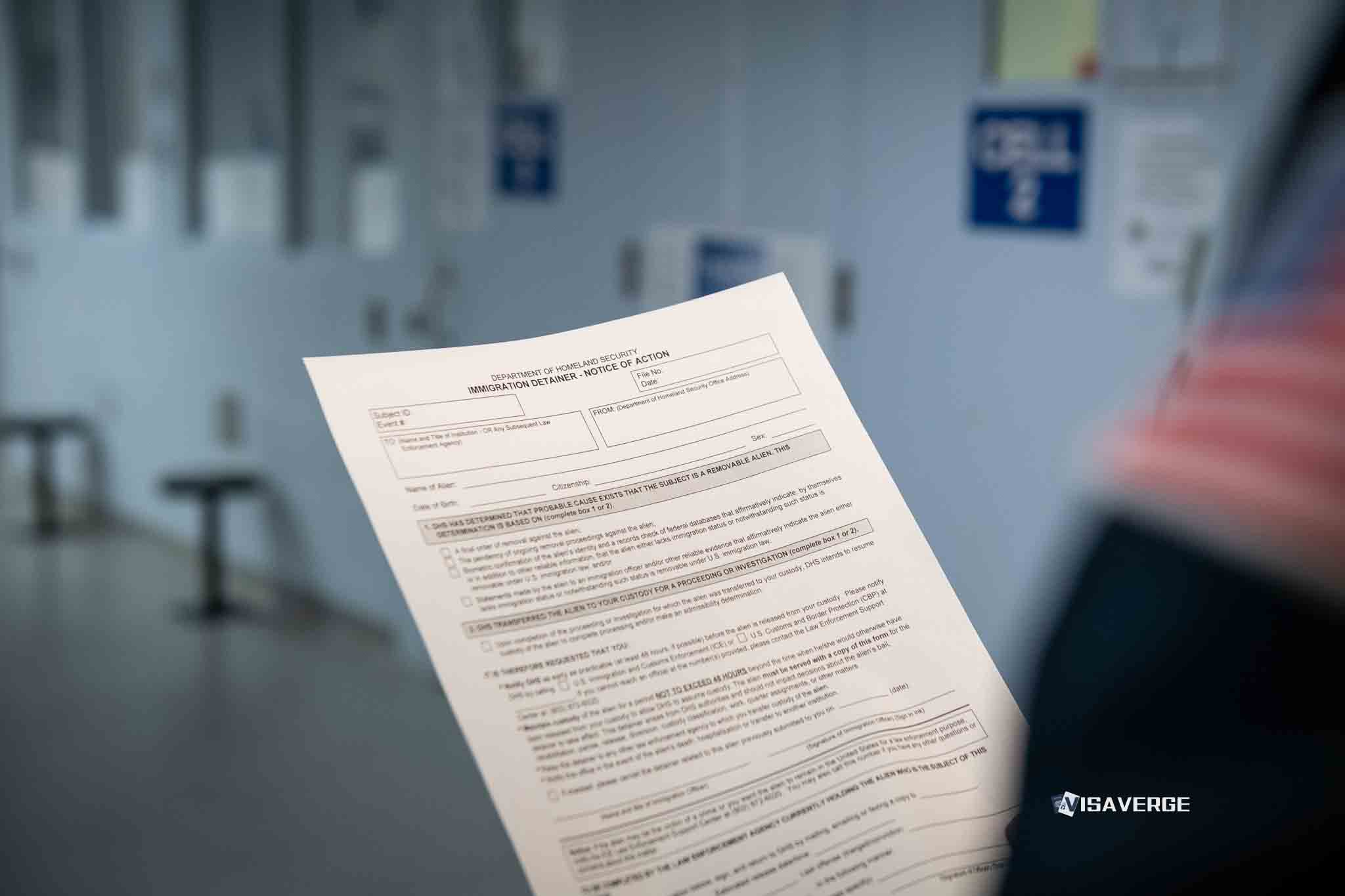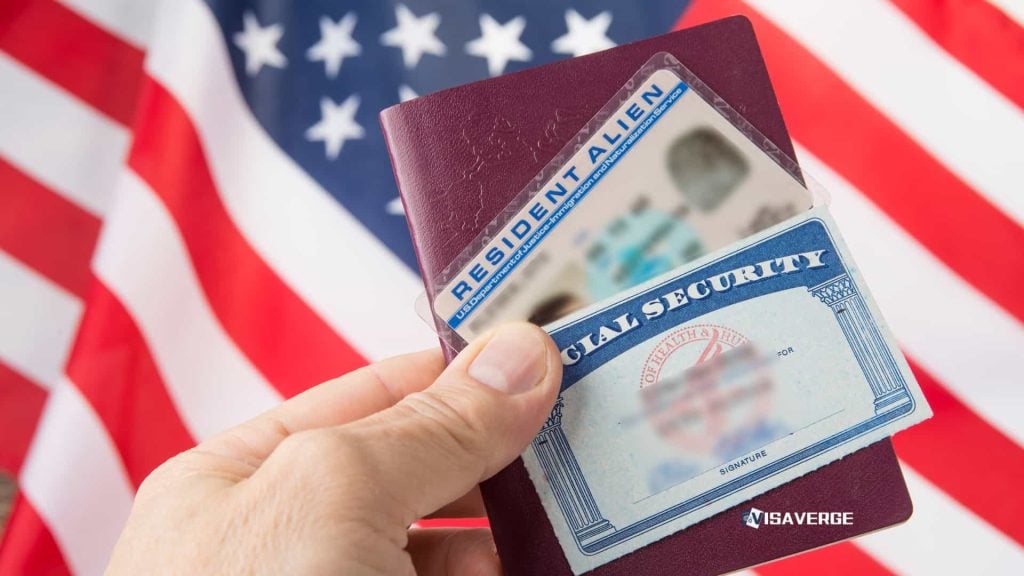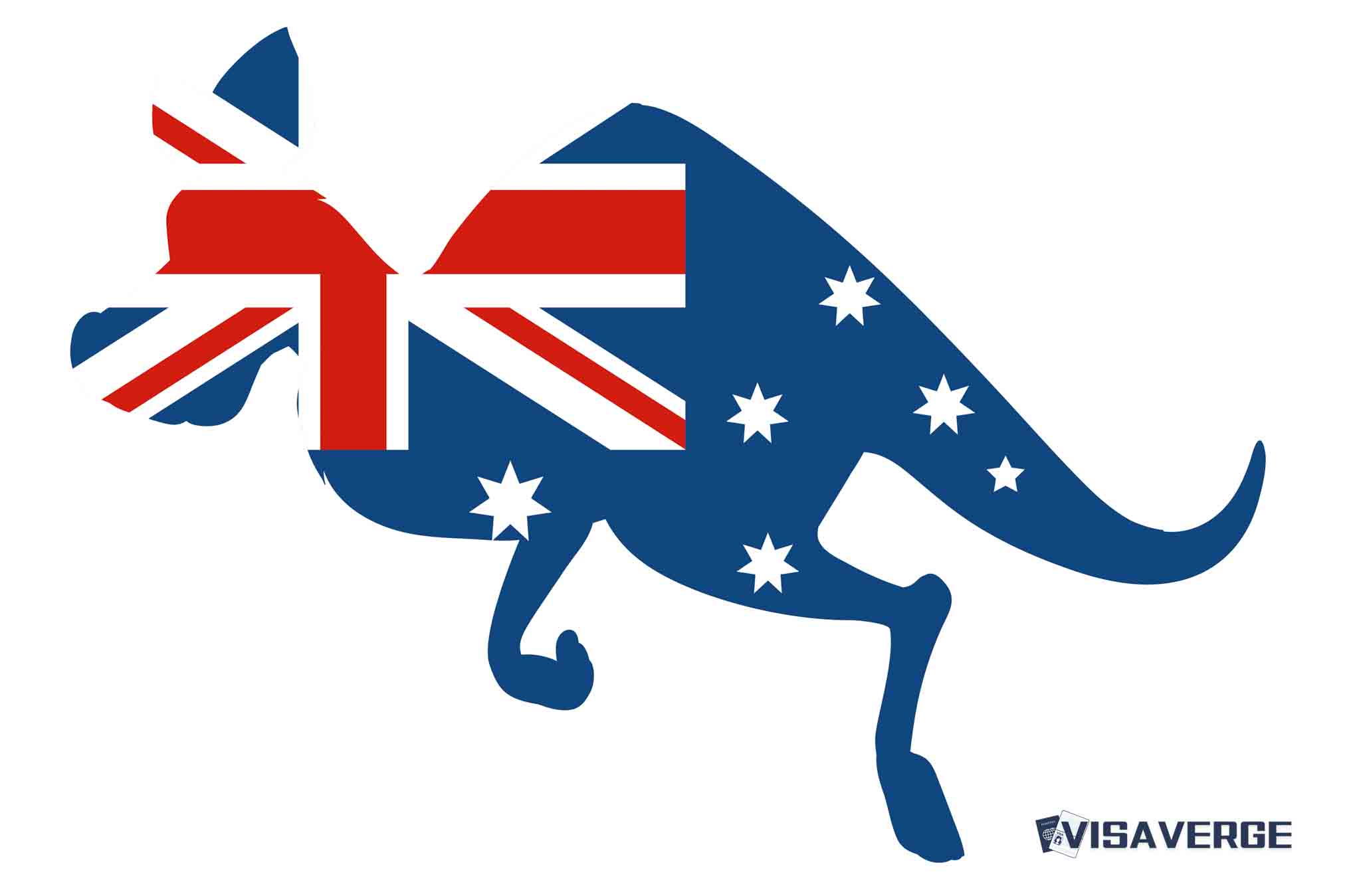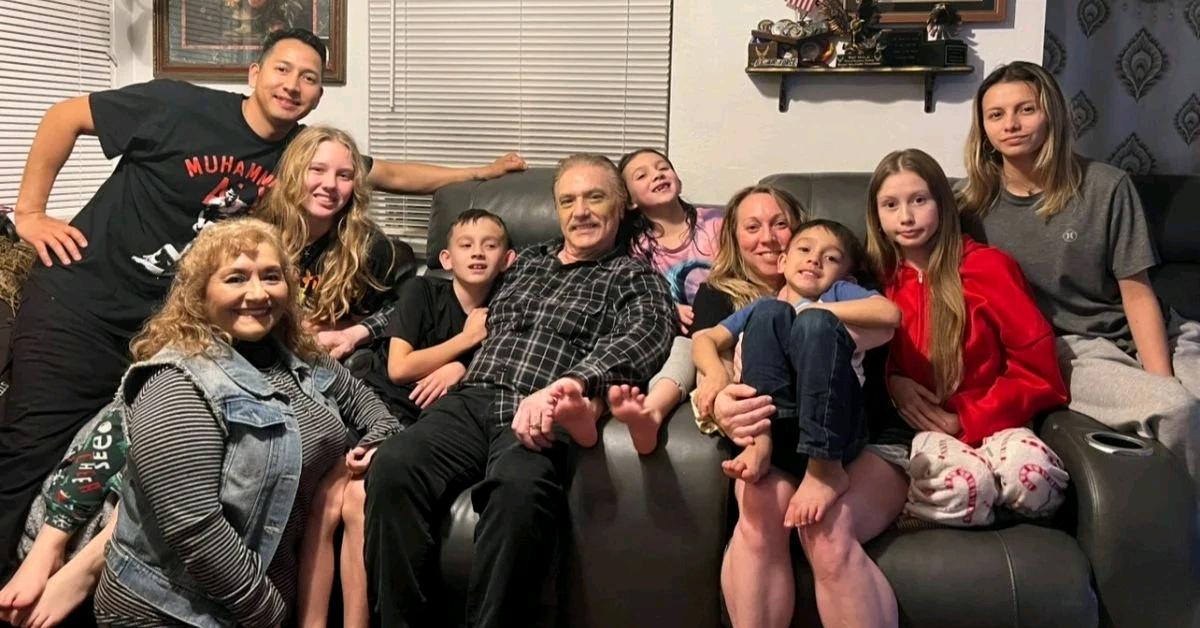Key Takeaways
• HHS reclassifies Head Start as a federal public benefit effective July 2025, excluding many immigrant children.
• Illinois Head Start Association and ACLU challenge the rule in court and call for public comments.
• Undocumented children and their families face exclusion, fear, and uncertainty impacting education and family stability.
The Illinois Head Start Association (IHSA) is taking new legal steps in response to the latest Trump immigration rules that affect the Head Start Program. As of July 16, 2025, the IHSA is working to add these new rules to its ongoing lawsuit, aiming to protect immigrant children’s access to early education. This update explains what has changed, who is affected, what actions are required, and what these changes mean for families, providers, and pending applications.
Summary of What Changed
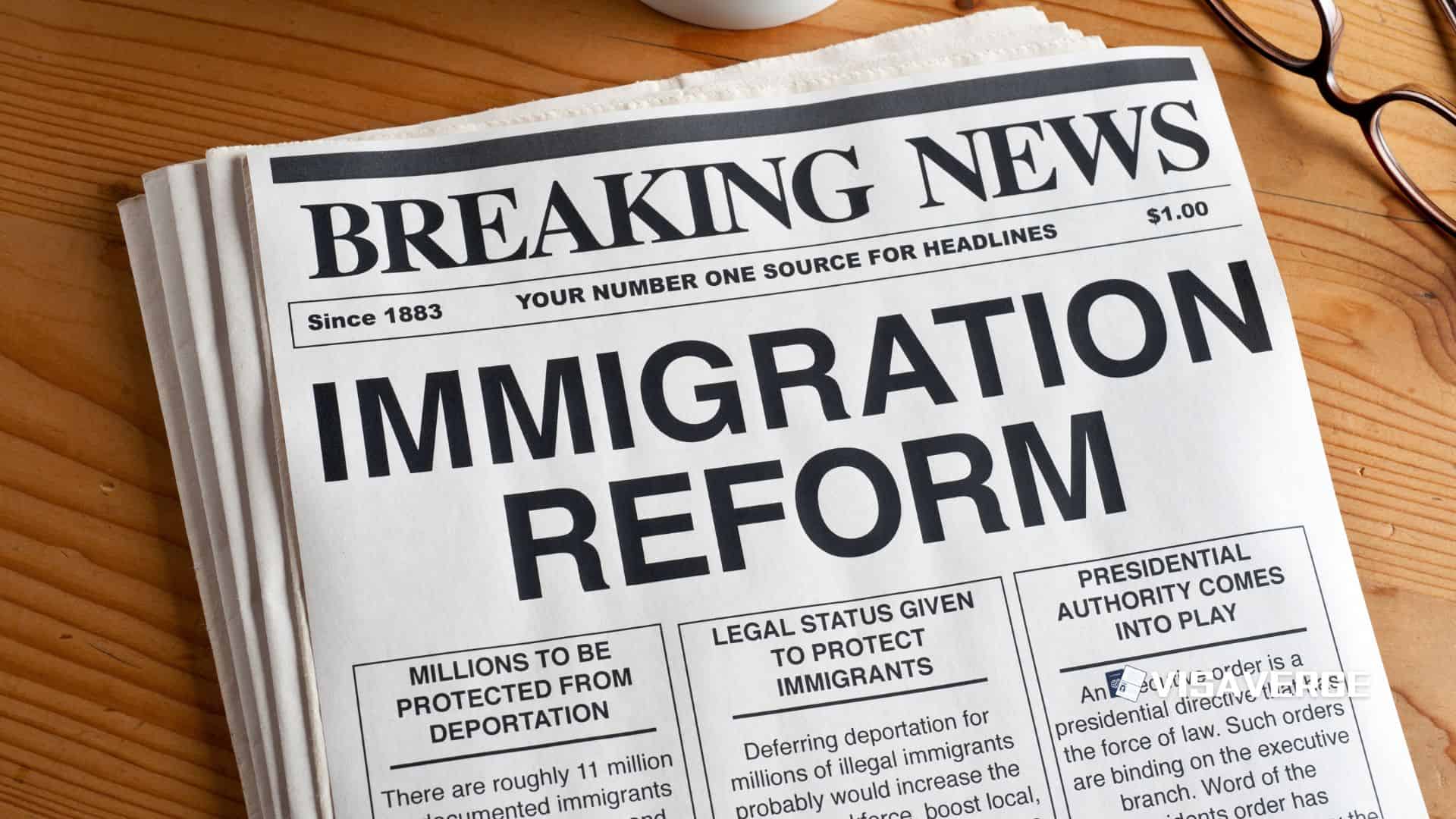
The U.S. Department of Health and Human Services (HHS) has issued a new directive that reinterprets the 1996 Personal Responsibility and Work Opportunity Reconciliation Act (PRWORA). For the first time, this reinterpretation classifies the Head Start Program as a “federal public benefit.” This means that many immigrant children—especially those who are undocumented—may now be excluded from Head Start, a program that has always been open to children based on family income and vulnerability, not immigration status.
This change reverses a 1998 policy that allowed undocumented children to join Head Start. The Trump administration first pushed for this shift, arguing that providing benefits to undocumented immigrants went against the intent of PRWORA and encouraged illegal immigration. Now, in July 2025, HHS has made this policy effective immediately, even though it has not provided clear instructions on how to put it into practice.
Who Is Affected
- Immigrant Children and Families: Children from undocumented or mixed-status families may lose access to Head Start. Even families with eligible children may avoid applying due to fear of immigration enforcement or confusion about the new rules.
- Head Start Providers: Organizations like the Illinois Head Start Association, as well as providers in Washington, Pennsylvania, Wisconsin, California, and Oregon, face uncertainty about how to check immigration status and follow the new rules.
- Community and Workforce: Parents who rely on Head Start for childcare may have to reduce work hours or quit jobs if their children are excluded, affecting family income and community stability.
- Pending Applications: Families who have already applied or are in the process of applying may be unsure if their children will be accepted or removed from the program.
Effective Dates and Immediate Actions
- Effective Immediately: The new HHS directive is already in effect as of July 2025.
- Public Comments Open: HHS is accepting public comments on this policy for 30 days. Advocacy groups, including the Illinois Head Start Association, urge families, providers, and the public to submit feedback opposing the rule.
- Legal Challenge Underway: The IHSA and other plaintiffs, represented by the American Civil Liberties Union (ACLU) and the Impact Fund, have filed a motion to amend their lawsuit to include this new rule. The court must approve this amendment before the legal challenge can proceed.
Required Actions for Families and Providers
- Families:
- If you are an immigrant family with children in Head Start or planning to apply, check with your local Head Start provider for updates.
- Consider submitting a public comment to HHS expressing your concerns about the new rule. You can do this through the official Regulations.gov portal.
- Stay informed about the lawsuit and any changes in eligibility requirements.
- Providers:
- Monitor updates from the Illinois Head Start Association and HHS for guidance on how to handle applications and verify eligibility.
- Communicate clearly with families about any changes and offer support for those affected.
- Document any challenges or confusion you face in implementing the new rule, as this information may be important for the ongoing lawsuit.
Implications for Pending Applications
- Uncertainty: Families who have already applied for Head Start may not know if their applications will be processed under the old rules or the new restrictions. Providers are waiting for clear instructions from HHS.
- Possible Delays: Some applications may be delayed while providers figure out how to check immigration status or decide which children are now eligible.
- Risk of Exclusion: Children who would have qualified before may now be excluded, even if their families meet all other requirements.
Details on the Head Start Program and Its Importance
The Head Start Program is a federally funded early childhood education program that serves more than 544,000 low-income children across the United States 🇺🇸 each year. It provides not only education but also meals, health screenings, and family support services. Many of the children served come from immigrant families, and the program has always focused on helping the most vulnerable children, regardless of where they were born.
Before this rule change, eligibility was based on:
– Family income (at or below the federal poverty level)
– Other vulnerability factors (such as being in foster care or experiencing homelessness)
– No requirement to prove immigration status
This approach allowed children from all backgrounds to get a strong start in school and life. According to analysis by VisaVerge.com, the new Trump immigration rules threaten to undo decades of progress by making immigration status a barrier to early education.
Legal and Policy Background
- 1996 PRWORA: This law restricted many federal public benefits for undocumented immigrants but left some room for interpretation.
- 1998 Clinton-era Policy: Allowed undocumented children to access Head Start and similar programs, based on the idea that early education is a public good.
- Trump Administration’s Position: Argued that letting undocumented children into Head Start went against PRWORA and encouraged illegal immigration.
- 2025 HHS Directive: Reclassifies Head Start as a federal public benefit, making many immigrant children ineligible.
Legal experts, including those from the ACLU, argue that this reinterpretation is not supported by the language of PRWORA or the Head Start Act. They say Congress never intended to exclude children from early education based on immigration status.
Illinois Head Start Association’s Response
The Illinois Head Start Association is leading the fight against these new rules. Executive Director Lauri Frichtl has spoken out about the fear and confusion among immigrant families in Chicago and across Illinois. She says the new policy is already having a “chilling effect,” with families afraid to enroll their children or even ask questions about the program.
The IHSA is working with the ACLU and other advocacy groups to challenge the rule in court. They argue that:
– The new rule is unlawful and inconsistent with both PRWORA and the Head Start Act.
– Excluding children based on immigration status harms not only the children but also their families and communities.
– The lack of clear guidance from HHS puts providers in a difficult position, making it hard to serve families and follow the law.
Positions of Key Stakeholders
- Illinois Head Start Association: Opposes the new rule, highlights harm to children and families, and leads the legal challenge.
- American Civil Liberties Union (ACLU): Provides legal representation, argues the rule is unlawful, and coordinates public advocacy.
- HHS Secretary Robert F. Kennedy Jr.: Supports the rule, saying it protects benefits for Americans and follows the intent of federal law.
- Parent Advocacy Groups: Stand with the IHSA, stressing the negative impact on immigrant families and the broader community.
- Legal Experts and Providers: Warn about the lack of guidance and the risk of legal challenges for providers.
Practical Implications for Families and Communities
- Loss of Early Education: Many children may miss out on the chance to attend Head Start, which is often their only access to early learning, meals, and health care.
- Fear and Confusion: Even families who are still eligible may avoid the program because they fear being reported to immigration authorities.
- Economic Impact: Parents may have to quit jobs or reduce work hours if they lose access to safe, affordable childcare, making it harder for families to support themselves.
- Community Harm: Lower enrollment in Head Start can weaken community ties and reduce support for vulnerable families.
Operational Challenges for Providers
- Unclear Rules: Providers do not know exactly how to check immigration status or what documents to request.
- Risk of Mistakes: Without clear instructions, providers may make errors that could lead to lawsuits or penalties.
- Recruitment Problems: The fear and confusion caused by the new rule make it harder to recruit families and fill available spots in Head Start.
- Service Disruption: Providers may have to turn away children or stop services for those already enrolled, disrupting learning and support.
Legal and Political Outlook
The legal challenge led by the Illinois Head Start Association is still in the early stages. The court must approve the motion to amend the lawsuit before the new rule can be challenged directly. If the court allows the amendment, the case will focus on whether the HHS directive is lawful and whether it can be enforced.
Meanwhile, public comments and advocacy efforts may influence HHS’s final decision. If enough people speak out, the agency could change or withdraw the rule. Congress could also step in to clarify the law or protect access to Head Start for all children.
This issue is part of a larger debate over immigration and public benefits in the United States 🇺🇸. The Trump immigration rules affecting the Head Start Program are likely to remain a source of legal and political conflict through 2025 and beyond.
Next Steps for Families, Providers, and Advocates
- Stay Informed: Follow updates from the Illinois Head Start Association, the ACLU, and your local Head Start provider.
- Submit Public Comments: Use the Regulations.gov portal to share your views with HHS during the 30-day comment period.
- Seek Legal Help: If you are unsure about your child’s eligibility or your rights, contact the ACLU or a trusted legal aid organization.
- Document Problems: Providers should keep records of any confusion, challenges, or harm caused by the new rule, as this information may help in the lawsuit.
- Support Advocacy: Join efforts to protect Head Start access for all children, regardless of immigration status.
Official Resources
- Illinois Head Start Association: For updates, advocacy opportunities, and contact information, visit the IHSA website.
- American Civil Liberties Union (ACLU): For legal updates and public statements, visit the ACLU website.
- U.S. Department of Health and Human Services (HHS): For official policy updates and to submit public comments, visit the HHS website.
Conclusion
The reintroduction of Trump immigration rules affecting the Head Start Program marks a major change in how early education is provided to immigrant children in the United States 🇺🇸. The Illinois Head Start Association, along with other advocates and legal experts, is working hard to challenge these rules and protect access to Head Start for all children. Families and providers face uncertainty and fear, but they also have opportunities to speak out and take action. By staying informed, submitting public comments, and supporting legal challenges, communities can help shape the future of early education and ensure that every child has a fair chance to succeed.
For more information on Head Start eligibility and the latest updates on this issue, visit the official Head Start Program page from the U.S. Department of Health and Human Services.
Learn Today
Head Start Program → A federally funded early education program serving low-income children with education, meals, and health services.
PRWORA → 1996 law restricting federal benefits to undocumented immigrants, reinterpreted to exclude immigrant children from Head Start.
Federal Public Benefit → Government assistance programs subject to immigration status restrictions under PRWORA and new HHS rules.
Illinois Head Start Association → Organization representing Head Start providers in Illinois advocating against exclusion of immigrant children.
American Civil Liberties Union (ACLU) → Legal organization representing plaintiffs challenging immigration-related changes to Head Start eligibility.
This Article in a Nutshell
The Illinois Head Start Association is legally challenging new HHS rules excluding undocumented children from Head Start, risking early education access for thousands. Families and providers face confusion, fear, and possible job impacts. Public comments are open for 30 days to oppose this policy change that reverses decades of precedent.
— By VisaVerge.com






